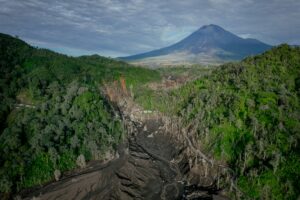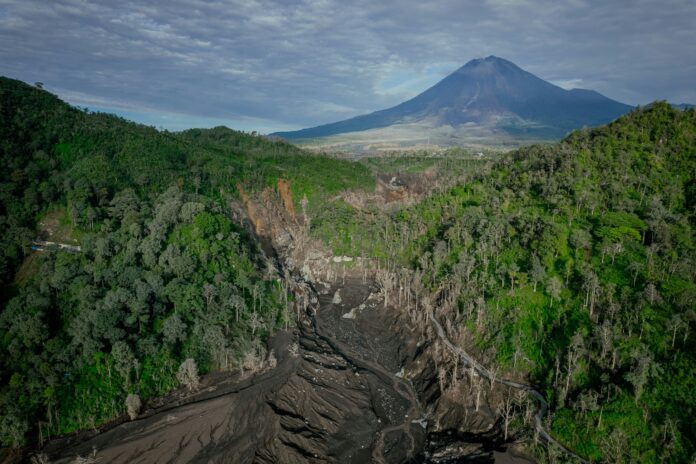Water is the lifeblood of Earth, nurturing ecosystems, sustaining agriculture, and providing the most essential resource for human survival. But imagine a world where rivers—the very veins of the planet—are gone. No more flowing streams, no more freshwater lakes, and no more life-giving water to nourish crops, wildlife, and humanity itself. The possibility of such a catastrophe is becoming more plausible with climate change, damming, and unchecked water consumption.
The Ripple Effect: How Rivers Support Our Ecosystem
Rivers are critical to the health of the environment. They transport nutrients, support biodiversity, and regulate water cycles. Without rivers, ecosystems would collapse as plant and animal species dependent on freshwater vanish. Species like fish, amphibians, and freshwater birds would face mass extinction, disrupting food chains and causing a domino effect through entire ecosystems.
Rivers also feed wetlands, which act as natural filters, purifying water and supporting a wide range of plants and wildlife. Without flowing water, wetlands would dry up, and the carbon storage these ecosystems provide would be lost, contributing to further climate instability.
Water Crisis: A Struggle for Survival
The loss of rivers would spark a global water crisis, especially for the 2 billion people who already live in water-scarce regions. Agriculture, which relies heavily on irrigation systems fed by rivers, would collapse, leading to widespread crop failures, famine, and an exodus of displaced populations seeking basic necessities. The global food supply chain would be in jeopardy, escalating conflicts over remaining water sources and resources.
In cities, water would become a precious commodity, and the infrastructure we rely on for clean drinking water and sanitation would crumble. The effects of a waterless world would strain healthcare systems, with an increase in waterborne diseases, malnutrition, and dehydration. Even industries that rely on large amounts of water, such as energy production and manufacturing, would face massive disruptions.
The Global Economy: Shifting Towards a Waterless Future
Rivers also play a vital role in the global economy, powering industries, enabling transportation, and facilitating trade. Without rivers, the shipping and transport sectors would be decimated, causing significant disruptions to global supply chains. The economic toll would be enormous, with industries reliant on freshwater for production grinding to a halt.
Moreover, energy generation in many regions depends on hydropower, and the loss of rivers would mean a shift toward alternative, often more expensive, energy sources. Countries would need to rapidly adapt to these new energy solutions, but the costs would be astronomical.
A Dystopian Future: What Can Be Done?
If rivers were to disappear, the world would face an unprecedented crisis. Efforts to conserve water, restore damaged ecosystems, and invest in water recycling and desalination technologies would be essential. Governments and industries would need to collaborate on global water management policies to mitigate the effects of climate change and prevent further depletion of water resources.
Rivers are not only essential for survival but also crucial for maintaining the delicate balance of life on Earth. The importance of sustainable water usage, responsible agricultural practices, and conservation cannot be overstated. Without these vital resources, life as we know it would face a collapse that could lead humanity toward an uncertain and perilous future.
The possibility of a world without rivers is not just a dystopian thought experiment—it is a growing concern that should motivate immediate action. The loss of our rivers would not only endanger the natural world but also jeopardize the survival of billions of people. Now, more than ever, it is crucial for individuals, businesses, and governments to work together to protect our water resources, ensuring that future generations don’t have to face a waterless world.

Photo by Masjid Pogung Dalangan on Unsplash
Views: 5






